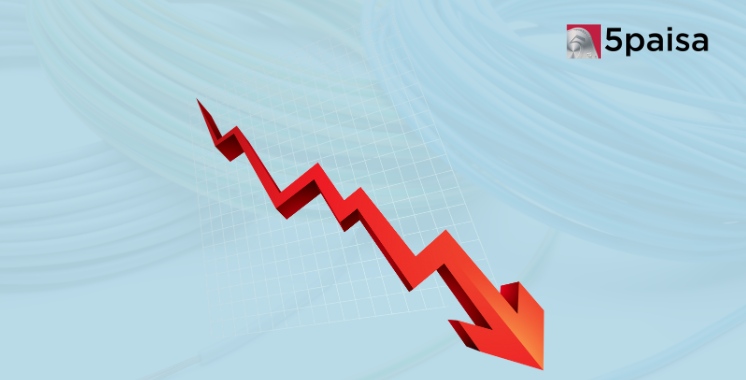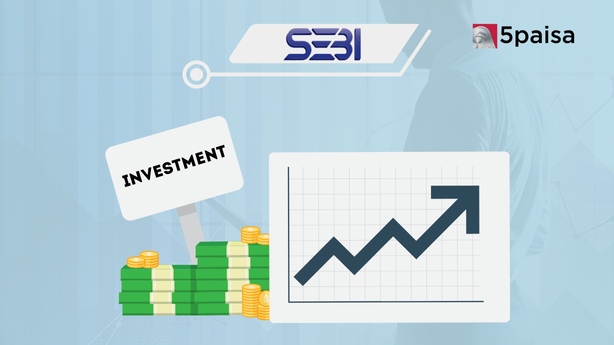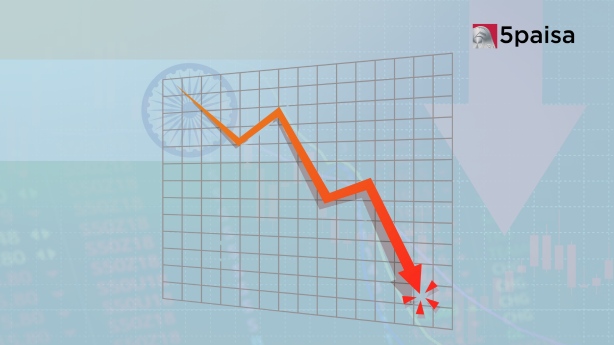Cable and Wire Stocks Decline for Second Session Amid Aditya Birla Group's Market Entry
Why Sun Pharma's earnings growth could slow in the coming years

About 4 years back, just ahead of the pandemic, Sun Pharma made a very big bet. It made a bet that its multi-billion dollar bet on specialty drugs in the US market would pay off. Back then, not too many investors were convinced. Their view was that even if the strategy does work out, it would still be too much of a risk for the company to pear and could create new challenges in the coming years. In the last few years, the bet on specialty drugs in the US market has paid off, but with it has come the risks too.
While the specialty drugs bet showed a lot of promise, the truth was gradually unravelling by 2022. In June last year, Goldman Sachs downgraded Sun Pharma to a “Sell” on concerns that the specialty drugs portfolio take-off would take much longer than expected. But, what exactly do we understand by specialty medicines or specialty drugs? They refer to the latest generation products targeted at treating chronic, complex, and rare diseases. They are not the simple run-off-the mill drugs, but a lot more granular, complex, and focussed. The drugs are typically more expensive as their manufacturing is complicated and they often require special handling and monitoring. In short, the risk was huge and the question whether the returns would be commensurate with the risks.
At a broad level, the management has also admitted, that despite the challenges, the company has done well. In fact, Sun Pharma made the breakthrough that many doubted. For instance, one of its products in the specialty drugs portfolio, Ilumya, which is used to treat plaque psoriasis, has done well against competition. Sun is betting big on specialty drugs to drive top line. For instance, the share of specialty drugs sales in the US is expected to rise from below 5% sales in FY20 to over 15% of sales in FY23. In fact, the analyst estimates are that the global specialty business would eventually surpass $850 million in FY23. So aggressive growth is still there.
Some of the major specialty drugs products of Sun Pharma include products such as Ilumya, Cequa and Winlevi. All these have shown very good traction. For instance, while Ilumya treats plaque psoriasis, Cequa eye drops are used by dry eye patients, while Winlevi is used for treating acne. For Sun Pharma, the foray into specialty drugs was not a matter of choice, but a matter of absence of choice. For instance, the foray into specialty drugs was to offset the intense competition that Sun Pharma was facing in the generics market in the US. While Sun also rode the generics wave successfully in the 1990s, it realizes that the best days are behind generics and the future lies in a niche product like specialty drugs. Sun Pharma led the generics charge into the US, but now the market is changing and they need to adapt.
Problem is the risk
The reasons analysts are worried is that, unlike generics, specialty drugs are a risky business where stakes are high and there is a lot of risk on the balance sheet. Like generics players globally, the rising competition triggered sharp erosion in prices for all generic drug players in the US between 2014 and 2018. This had actually forced companies like Sun Pharma to substantially boost investments in the lucrative but stringent and fluid specialty drugs market. That is what the markets are worried about as an immediate headwind for the specialty drugs business. For instance, specialty drugs need high upfront investment with a complex manufacturing process that can often cause delays. Also, regulators monitor and regulate such products more stringently.
It is not just the stringent requirements that is a sorry. Even competition is a major concern. For instance, higher spending from global pharma giants will bring additional competition for the likes of Sun Pharma and that is likely to become a major challenge in the coming years. On the one hand, the rising share of specialty drugs in the overall portfolio of Sun Pharma should boost earnings in the coming years, but it comes with its share of regulatory and competitive risk. The third challenge is the low success rate. Sun Pharma has been very successful in two of its products viz. Ilumya and Cequa. However, replicating this success will need in depth market research and billions of dollars sunk into R&D. The R&D as a percentage of sales is likely to increase from 5% on an average to 8% on an average. That is a lot of financial risk in the books of Sun Pharma.
- Flat ₹20 Brokerage
- Next-gen Trading
- Advance Charting
- Actionable Ideas
Trending on 5paisa
02
 5paisa Research Team
5paisa Research Team
03
 5paisa Research Team
5paisa Research Team
04
 5paisa Research Team
5paisa Research Team
Indian Market Related Articles
Disclaimer: Investment in securities market are subject to market risks, read all the related documents carefully before investing. For detailed disclaimer please Click here.




